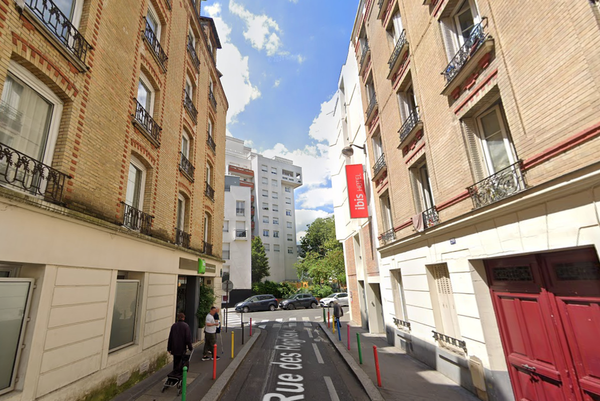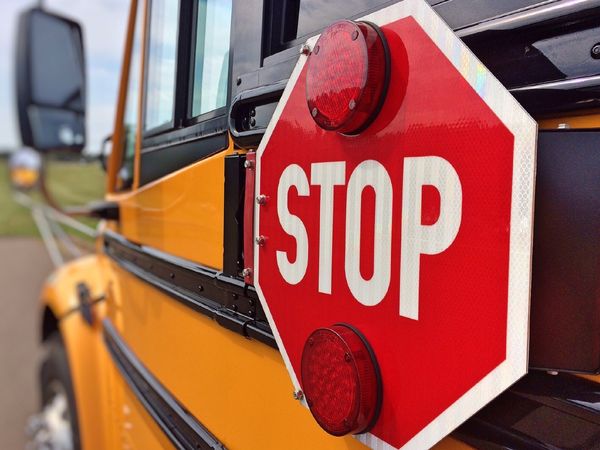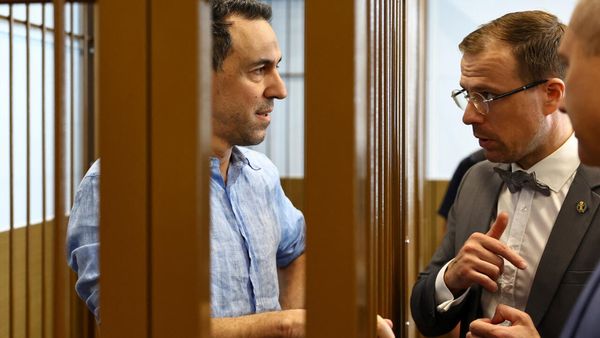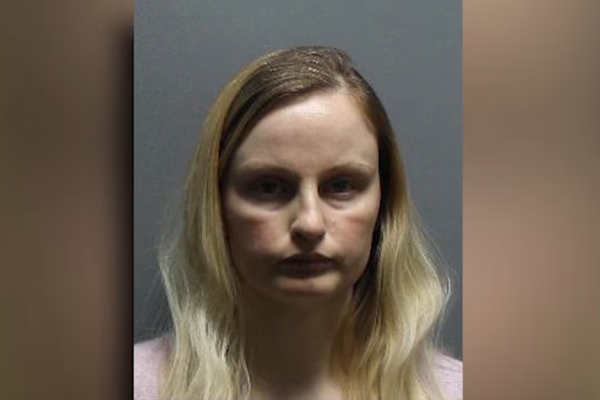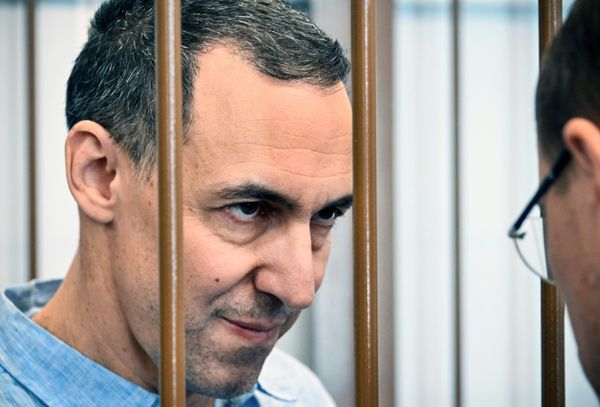
Lilly Hallett has become accustomed to regular lentil meals amid recent spiralling costs of living as a way to curb everyday expenses.
But the Melbourne-based casual call centre employee is also now trying to stash away part of her income in case she becomes reinfected with Covid, amid a surge in cases driven by the highly infectious Omicron BA.4 and BA.5 subvariants.
Hallett, 23, is one of the more than two million casual employees across the nation who will now be unable to access the federal pandemic leave disaster payments, which were axed at the end of last month.
“It’s going to be a catastrophe if I test positive again – it’ll be dire because how am I going to get those funds?” she told Guardian Australia.
Hallett said that without the ability to access the $750-a-week income support payment, she might be less inclined to be tested for Covid.
“It would be more anxiety inducing because then there is the knowledge that there is no support for me and that would be a disincentive,” she said.
The Australian Council of Social Services acting chief executive, Edwina MacDonald, said the federal government’s decision to axe the payments and end the concessional rapid antigen test scheme amid the current Covid wave would leave insecure workers more exposed to the impact of the pandemic.
“People on low incomes are already going to extreme measures to make ends meet, pay rising energy bills, and keep a roof over their head amid an exceptionally cold winter,” she said.
The income support payments were introduced by the Morrison government in 2020 to act as a financial safety net for workers who are not entitled to sick leave. Hallett, who works full-time hours, received the payment after contracting Covid last month.
“Having it meant I was not as anxious about my financial situation because I had my rent due the next week. The pandemic leave payment meant I was able to pay my rent on time and without it I wouldn’t have been able to do that,” she said.
The Australian Medical Association’s vice-president, Dr Chris Moy, said the ending of the income support payments would act as a “serious financial incentive” for casual workers and those insecure workers to not be tested for Covid or isolate, which would lead to greater spread in the community.
“That will have direct effects on individuals and the community and spreading it in workplaces will have an economic effect,” he told Guardian Australia.
“Those individuals [who test positive] may need antiviral treatments and if you don’t have a test you can’t get antivirals.”
The prime minister, Anthony Albanese, this week doubled down on the federal government’s decision not to extend free rapid antigen tests for concession card holders or those who receive income payments, arguing the decision had been “inherited” from the previous government along with $1tn in debt.
A number of jurisdictions have also reduced the Covid reinfection period – when people are exempt from testing and isolating – from 12 to four weeks, following the latest advice from the Australian Health Protection Principal Committee.
Brisbane-based university student and casual worker Bridget Fraser, who is friends with Hallett, said there were disincentives for employees to get tested for Covid.
“I would be more likely to avoid it,” she said.
“There’s definitely people I know who wouldn’t isolate if they got a positive test. They wouldn’t feel like they would be able to take that hit.”
Fraser, 23, works about 25 hours a week across two casual jobs in hospitality and retail. When she contracted Covid in May, she lost 30 hours of work but was able to receive the disaster payment.
Without the payments, she fears coming into contact with a Covid-positive person through her customer-facing jobs.
“I see it with people coming in sick all the time. I’ve had so many people, with my waitressing job, who drop dirty tissues for me to pick up,” she said.
“You would think that after a few years of pandemic people would be like slightly better behaviour, public health wise. No one really seems to care.”
